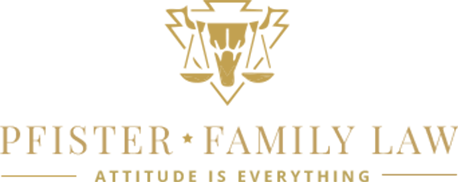Adoption disputes have an added layer of complexity. At the center of this particular adoption dispute, scheduled to be heard in June by the U.S. Supreme Court, is an innocent two-year-old girl, who was adopted in an open adoption by Matt and Melanie Capobianco. They were even present at the baby's birth.
Evidently, birth mom Christy Maldonado, a single mom of two, and Dusten Brown, who is about two percent Native American, were engaged when she got pregnant, The relationship deteriorated and he eventually texted her that he was giving up his rights as a parent to the child and that he also would not support the child.
That's when Christy decided she would not be able to support or rear another child in a healthful financially and emotionally sustainable manner. She began adoption plans. She followed all usual legal procedures, including notifying the Cherokee Nation of the adoption plans. They said they had no record of Dusten as a tribal member and the adoption went forward.
Dusten did indeed sign papers waiving all rights to the baby when the baby was just four months old, but days later, he filed a formal objection, saying he didn't really mean to sign off on them. He cited the Indian Child Welfare Act in his efforts to stop the adoption from going forward.
He said that when he had signed the papers, he didn't realize that in signing, he would also not even be able to see her at all. He sought full custody. Around that time, the Cherokee Nation found his name on the tribal lists. And when the case went to court, the South Carolina family law court ruled that the Indian Child Welfare Act took precedence over state court, and thus, the court orders that the Capobiancos give the baby girl to her biological father, even though she had never even met him. The baby girl was handed off, crying, to Dusten.
The family, along with the birth mom and a guardian ad litem (the neutral party who represents the interests of the child) appointed by the South Carolina family law court, filed an appeal with the U.S. Supreme Court. The Court took this case on, likely because it tests the Indian Child Welfare Act's limits.
At the time the law came into being, some 40 percent of Native American youngsters were being removed from their family homes and given to foster and white adoptive parents. This had a devastating effect on tribal nations across the country.
The birth mom's attorney, Lori McGill, questions, if Indian fathers can override at the birth mom's decision, why couldn't sperm donors or rapist how are Indians do the same?" It raises issues around the rights of birth-moms, in general.
The case will be heard sometime this month. "Baby Girl," as the little one is referred to in the court briefs, was happy and well adjusted in her adoptive parents' family. She appears, in the videos with her father, to also be happy. The birth mom says that while she used to spend time with her child at the adoptive parents' home, she does not even know where her little girl lives now. Nor do the adoptive parents.
Contact Pfister Family Law Today
At Pfister Family Law, we have protected the rights of people across north Texas for more than 20 years. Board-certified in family law by the Texas Board of Legal Specialization, attorney John J. Pfister, Jr. understands that every case is different and will take the time to learn the details of your situation. We will then carefully craft an individualized approach to help you get the outcome you want.
For an appointment with an experienced divorce and child custody lawyer, contact our office by e-mail or call us at (972) 370-5172.

